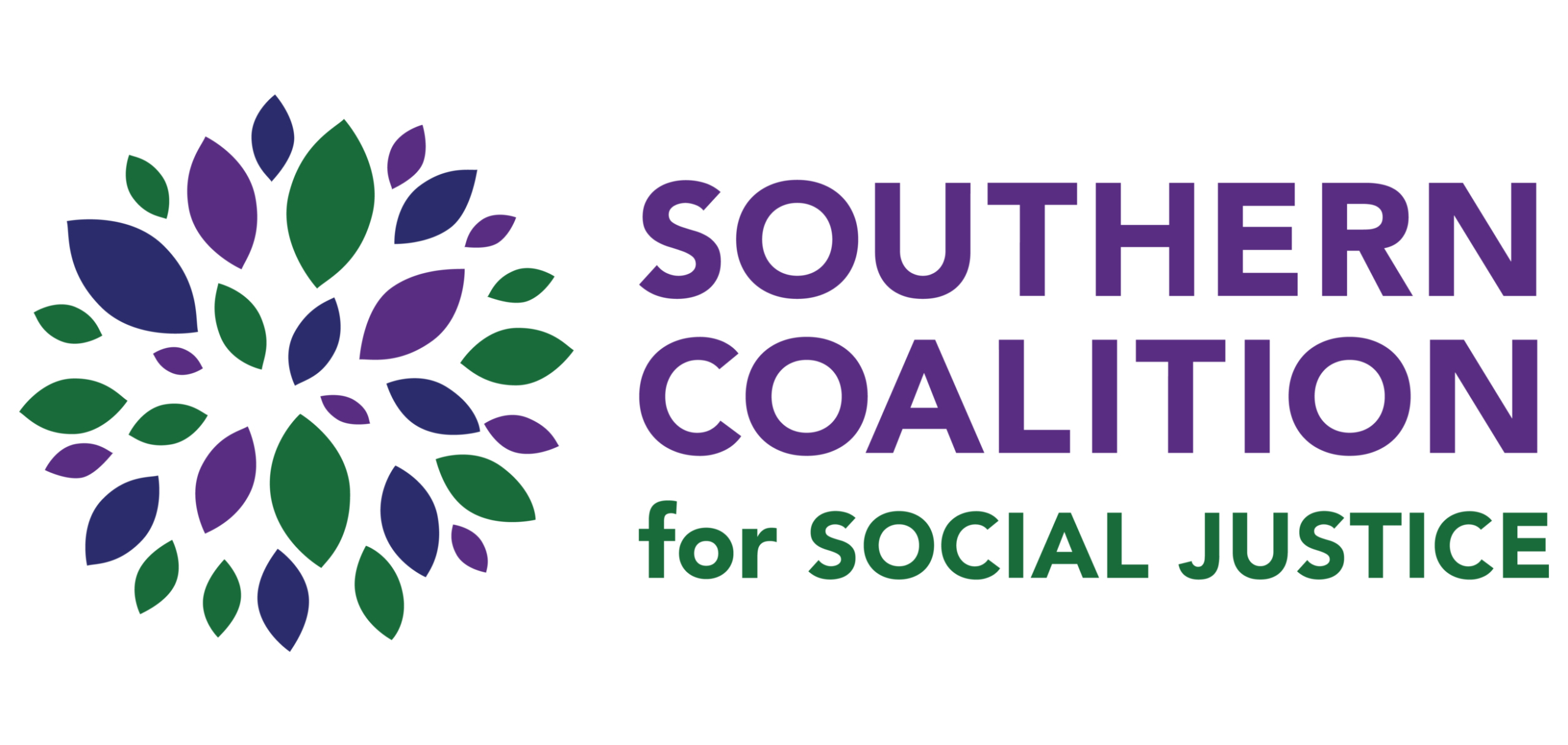On January 5th the Ninth Circuit Court of Appeals issued an important ruling holding that the Voting Rights Act prohibits the State of Washington from denying the right to vote to persons in prison because of racial discrimination in that state’s criminal justice system. The opinion in the Farrakhan v. Gregoire case has the immediate result of declaring that all citizens of Washington State, including all those currently in prison, have the right to register and vote.
The opinion is significant for the rest of the country in at least two ways:
First, it demonstrates the type of evidence that persuaded a court that there is racial discrimination in the criminal justice system. The factors present in Washington State are also true of other states. These Plaintiffs presented research by University of Washington sociologists demonstrating that blacks are 70 percent more likely — and Latinos and Native Americans 50 percent more likely — than whites to be searched in traffic stops. The research also showed that blacks are nine times more likely to be incarcerated than whites, despite the fact that the ratio of arrests for violent crime among blacks and whites is less than four-to-one. After reviewing the studies the Court held that the evidence “speak[s] to a durable, sustained indifference in treatment faced by minorities in Washington’s criminal justice system — systemic disparities which cannot be explained by ‘factors independent of race.’ ” The implication of this racial discrimination for voting rights is that 25 percent of black men in Washington State were ineligible to vote.
Second, the case illustrates how the Voting Rights Act’s guarantee of equal participation in democracy extends beyond redistricting to all aspects of elections and voting. In the Voting Rights movement, we have become accustomed to thinking of at-large election methods as the main barrier to equal opportunity in the political process, but other modern day barriers remain. The court in this case held that discrimination in the criminal justice system, leading to racially disproportionate rates of disenfranchisement, is another institutional barrier to equal participation.
Read the full text of the ruling here.
